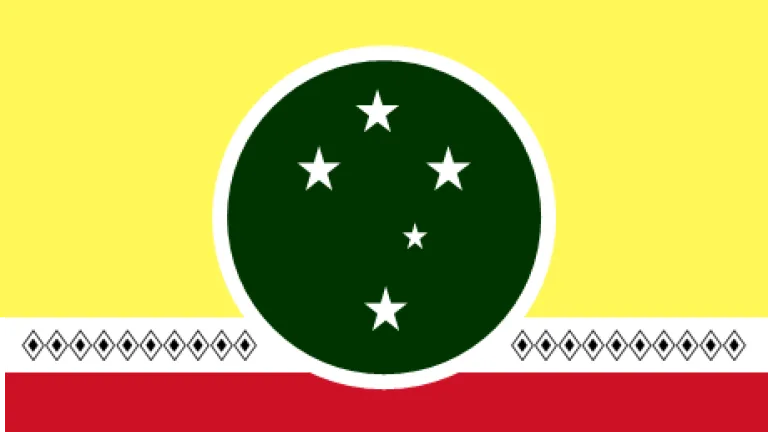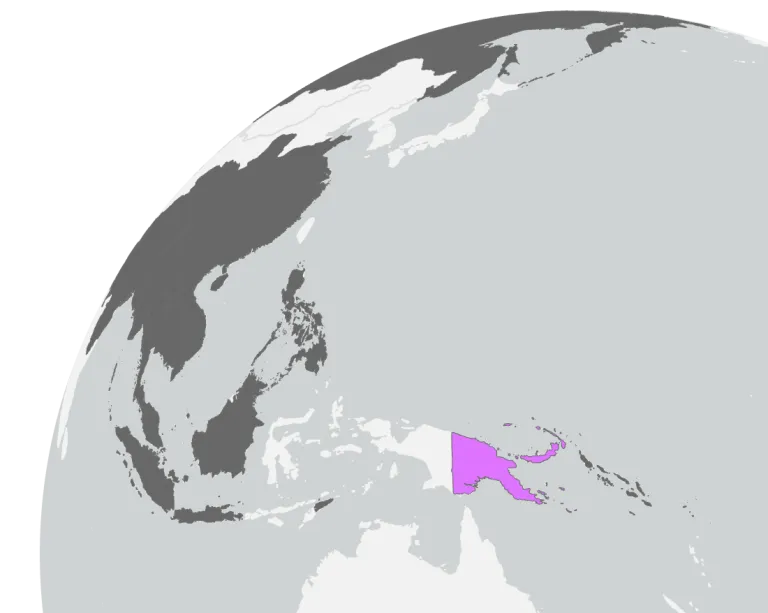Breadcrumb
- Home
- Operating Environments
- Indo Pacific
- Volcani Tura
Volcani Tura

Main navigation
Country overview
Volcani Tura is an island nation in the Melanesian Archipelago. It occupies the eastern half of New Guinea Island and the surrounding islands to the east. It shares the Torres Strait with Australia to the south, dividing the Coral and Arafura Seas, placing it in control of vital sea lanes for global trade and naval movement. Volcani Tura is a parliamentary democracy, rich in resources and challenged by poverty, informal economies, and increasing competition in the region.

Country Capabilities
More Information
For more information, or for support in customising these scenarios to fit your training needs, please use the contacts link below to reach out the the Operating Environments team at the TASSC.